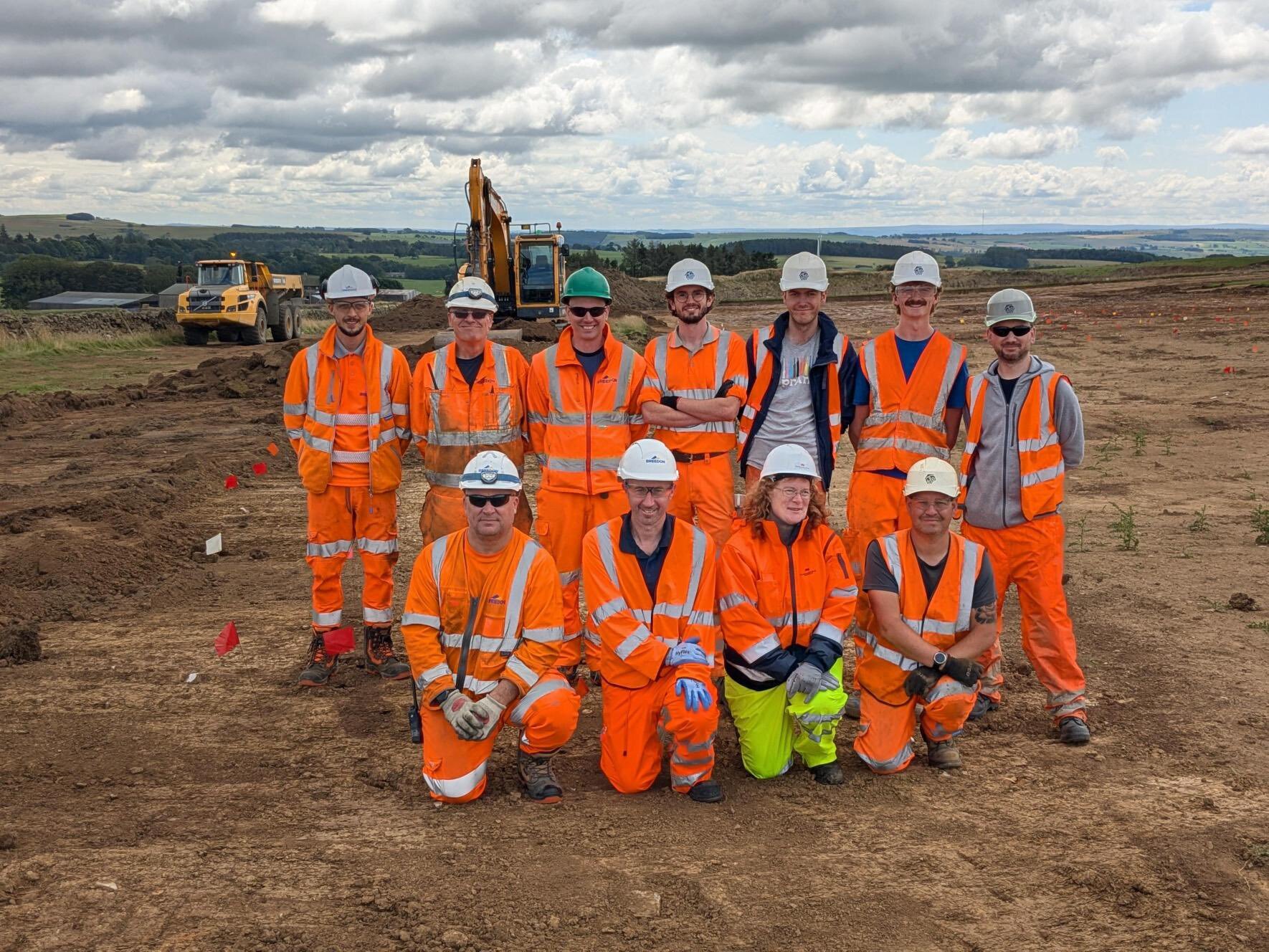
"Excavations have so far revealed the remains of at least five timber buildings, along with pits and possible ovens, indicating a small but active community."
"Radiocarbon dating has placed the finds in two distinct periods: the 6th to 7th century and the 11th to 12th century, providing a rare glimpse into how people lived and worked in both the early and later medieval periods."
"Developer-funded archaeology is so beneficial to our county and is beginning to fill in our knowledge of ordinary people like us who lived and worked at a key time in history."
"These excavations tell the stories of everyday life, from farming and trade to family and community life. It's a reminder that history isn't just about kings and castles, but about real people."
Archaeologists in northern England uncovered an early medieval settlement dating back over a thousand years in Northumberland. The site, found during the expansion of Divethill Quarry, includes the remains of at least five timber buildings and evidence of communal activity. Radiocarbon dating categorizes the finds into the 6th-7th centuries and the 11th-12th centuries. This discovery enhances understanding of rural life during medieval Europe, focusing on the everyday experiences of ordinary people rather than solely on historical elites.
Read at Medievalists.net
Unable to calculate read time
Collection
[
|
...
]